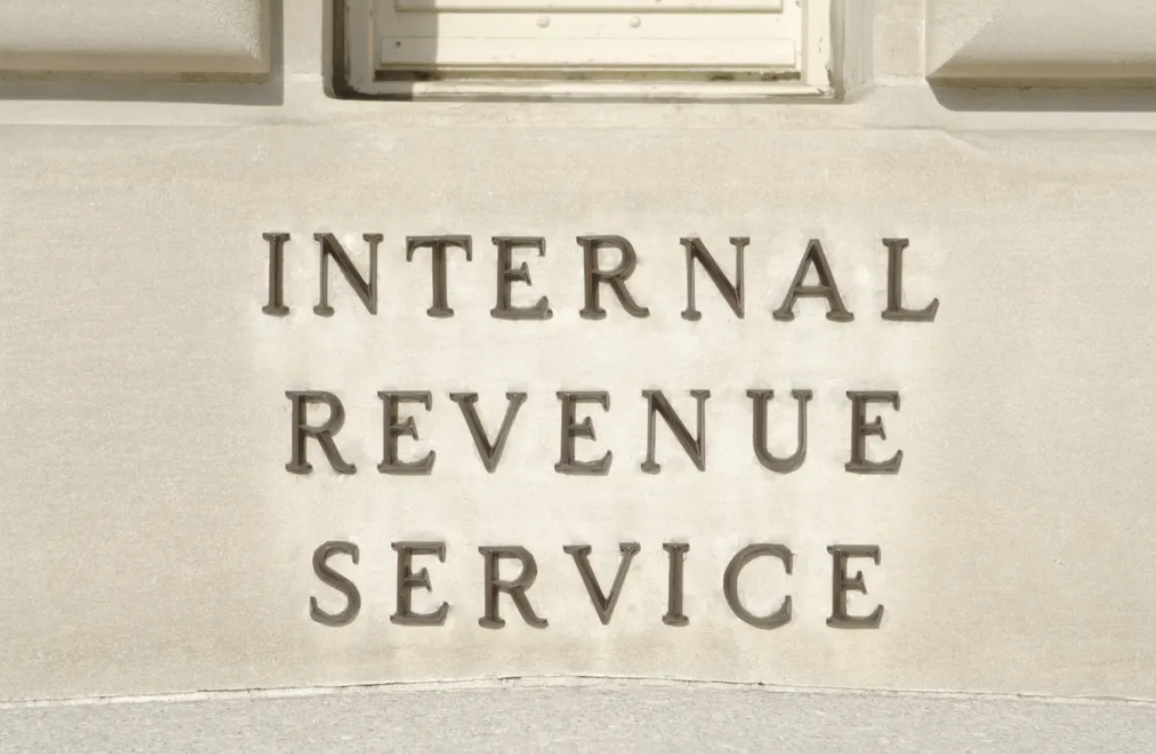Innovative Steps Toward Tax Compliance: 13 States Join IRS Direct File Pilot Program
The ever-evolving landscape of tax regulations and compliance continues to challenge taxpayers and government agencies alike. In a bid to streamline tax filing and enhance the accuracy of tax returns, the Internal Revenue Service (IRS) initiated the Direct File Pilot Program. This pioneering approach to tax administration has piqued the interest of thirteen states that have decided to partake in this innovative program. This article delves into the IRS Direct File Pilot Program, its benefits, and the implications for taxpayers and states involved.
A Paradigm Shift in Tax Filing
The IRS Direct File Pilot Program represents a significant departure from traditional tax filing methods. It aims to modernize and simplify the tax filing process, reducing errors and streamlining the collection of tax revenues. By participating in this program, these thirteen states are signaling their intent to embrace a new era of tax compliance.
Enhanced Accuracy and Efficiency
One of the primary advantages of the Direct File Pilot Program is the potential for enhanced accuracy and efficiency in the tax-filing process. Traditionally, taxpayers are responsible for manually entering their financial information, a process that can be prone to errors. However, this new approach allows taxpayers to connect their financial institutions directly to the IRS, reducing the likelihood of errors and speeding up the filing process.
The States That Have Signed On
The thirteen states that have chosen to join the IRS Direct File Pilot Program are California, New York, Texas, Florida, Illinois, Pennsylvania, Ohio, Michigan, Georgia, North Carolina, Virginia, Arizona, and Colorado. These states represent a diverse cross-section of the country and highlight the broad appeal of this innovative program.
The Advantages for Taxpayers
Taxpayers in the participating states stand to gain several advantages from their state’s involvement in the program. The streamlined process not only reduces the likelihood of errors but also speeds up the processing of refunds, resulting in a quicker return of overpaid taxes. Moreover, it simplifies the tax filing process, making it more accessible to a wider range of taxpayers.
Data Security and Privacy Concerns
While the program offers substantial benefits, concerns regarding data security and privacy have arisen. Taxpayers will be entrusting their financial information to the IRS, which necessitates robust data security measures. The IRS has assured that they will employ state-of-the-art encryption and data protection protocols, but skeptics remain cautious.
Reduced Burden on Taxpayers
One of the program’s core objectives is to reduce the administrative burden on taxpayers. The current system often requires taxpayers to spend considerable time and effort collecting and organizing their financial information. The Direct File Pilot Program will automate much of this process, allowing individuals and businesses to focus on their core activities.
Potential for Improved Compliance
The IRS Direct File Pilot Program has the potential to significantly enhance tax compliance. With fewer errors and a simplified process, the likelihood of taxpayers inadvertently underreporting or overreporting their income is reduced. This, in turn, can help close the tax gap and ensure that the government collects the revenue it is owed.
An Investment in Modernization
The decision of these thirteen states to participate in the program can be seen as an investment in the modernization of their tax infrastructure. By aligning with the IRS on this initiative, they are committing to evolving alongside advancements in technology and tax administration methods.
The Role of Technology
Technology plays a central role in the success of the Direct File Pilot Program. Tax software and electronic filing systems have evolved significantly in recent years, and this program leverages these advancements to make tax compliance more accessible and efficient.
The Importance of Voluntary Participation
It’s worth noting that the participation of states in this program is voluntary. This underscores the federalist nature of the United States, where states have significant autonomy in various policy areas, including taxation. This voluntary approach ensures that states can assess the program’s benefits before committing fully.
Potential Expansion
The success of the Direct File Pilot Program may pave the way for its expansion to more states in the future. If this proves to be a viable and efficient method of tax administration, it could become a nationwide standard.
Conclusion
The involvement of thirteen states in the IRS Direct File Pilot Program marks a significant step toward modernizing and streamlining tax compliance. This innovative approach promises enhanced accuracy, reduced burden on taxpayers, and the potential for improved compliance. However, it also raises concerns about data security and privacy. As the program unfolds and evolves, it will be closely monitored to assess its impact on tax administration and the experiences of taxpayers in participating states. The road to a more efficient and technology-driven tax system may be long, but these thirteen states have embarked on an important journey to reshape the future of tax filing in the United States.
Maybe you will like:
Share this content:



